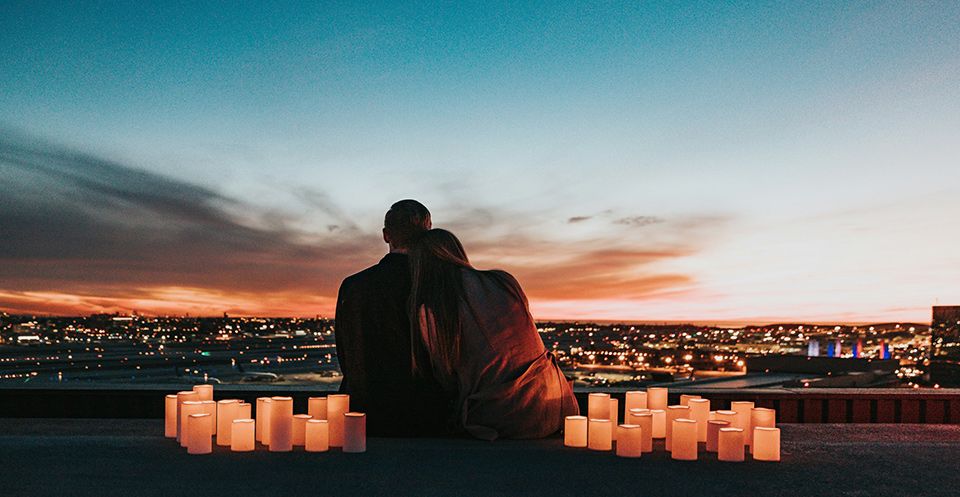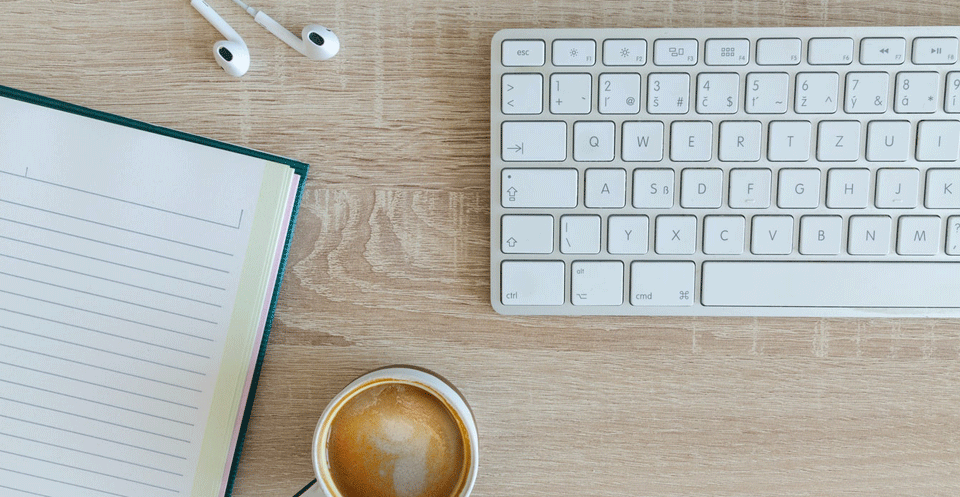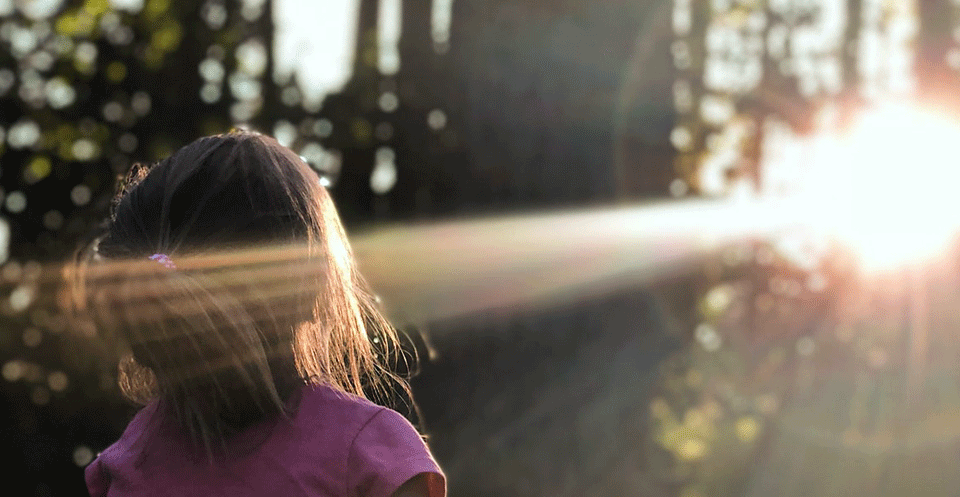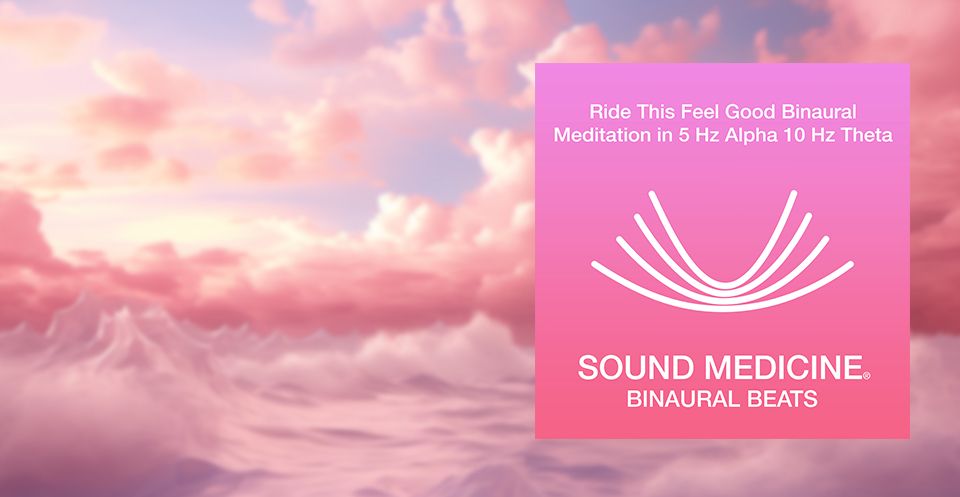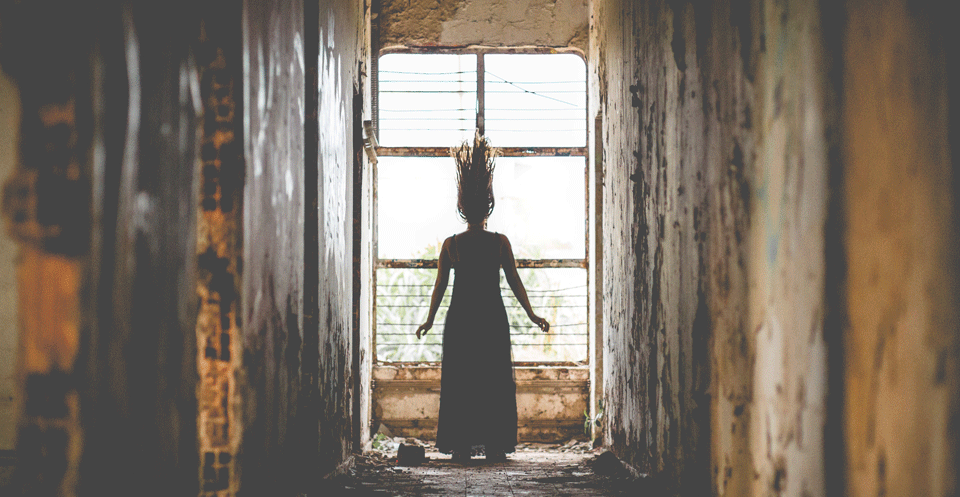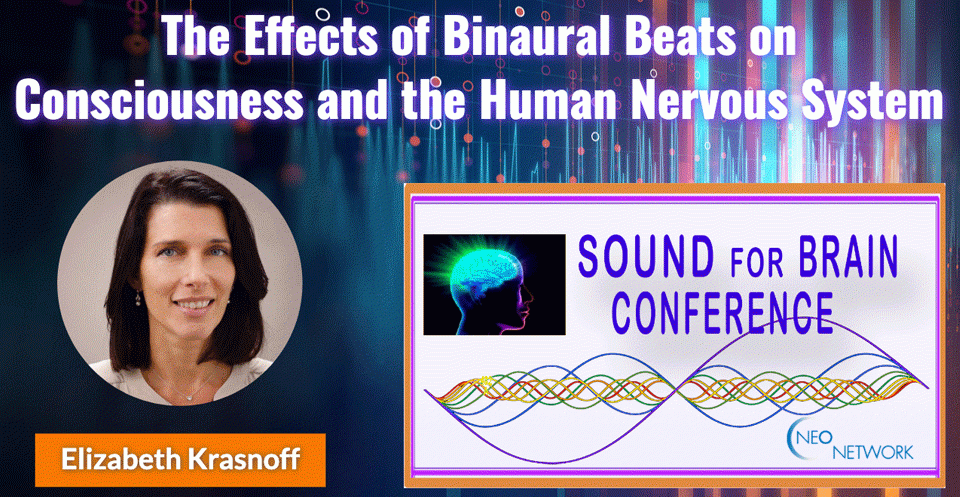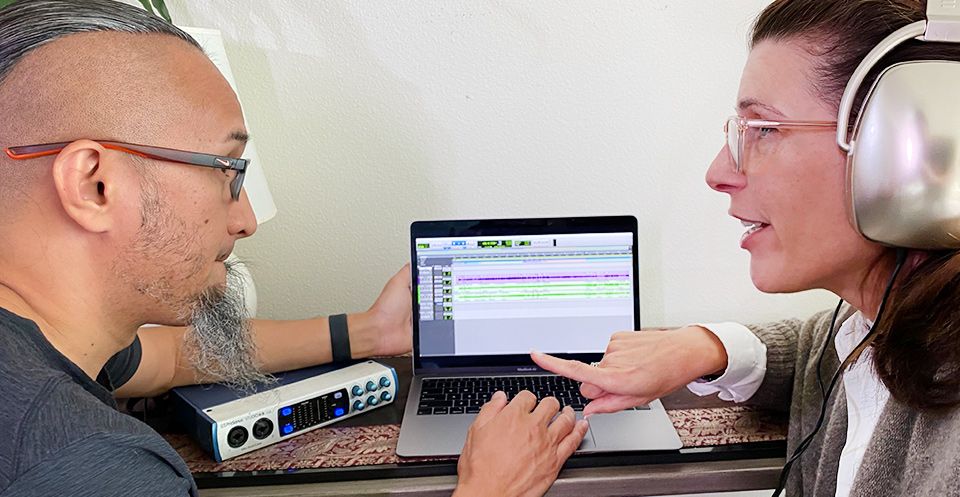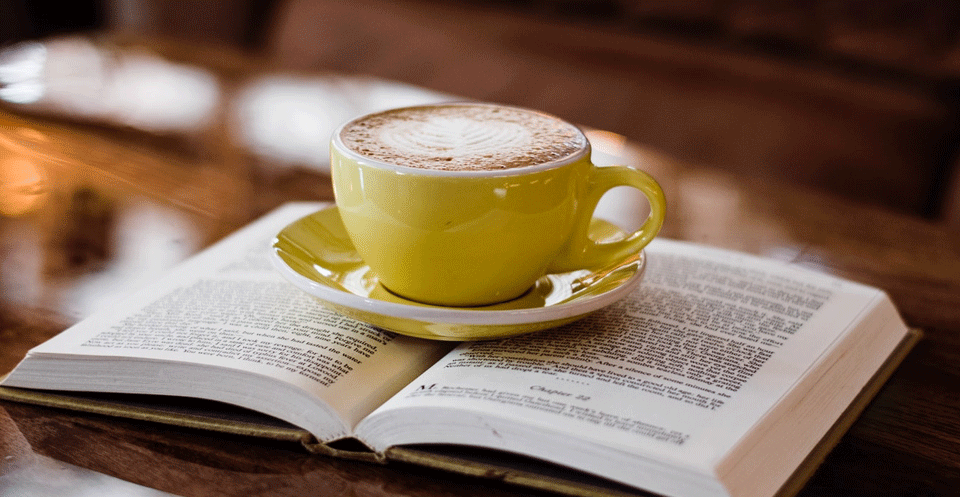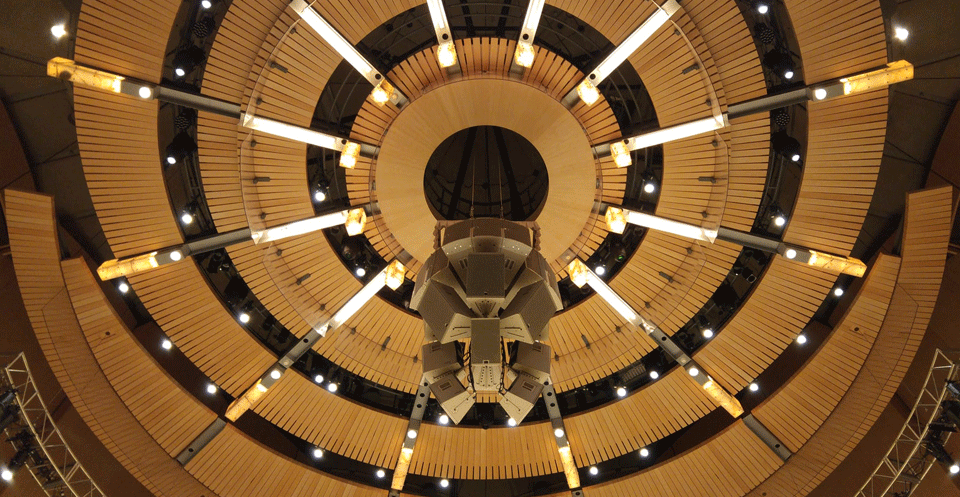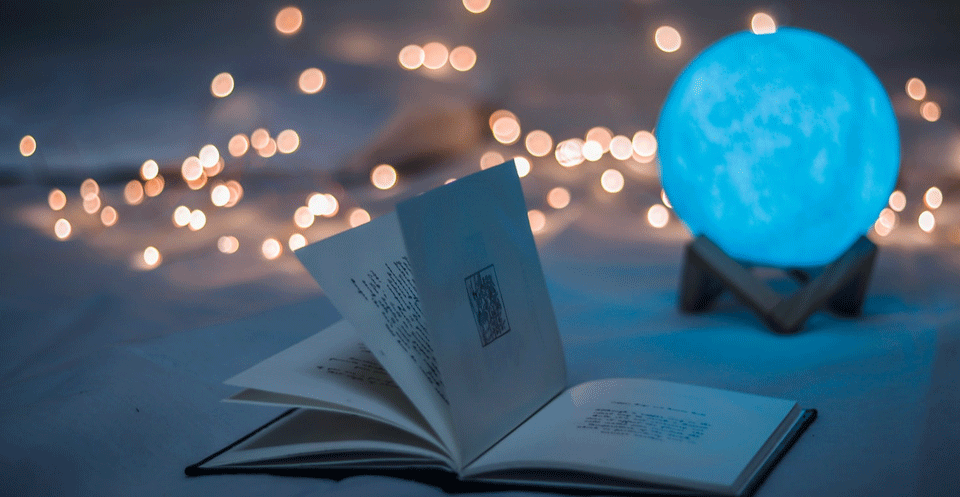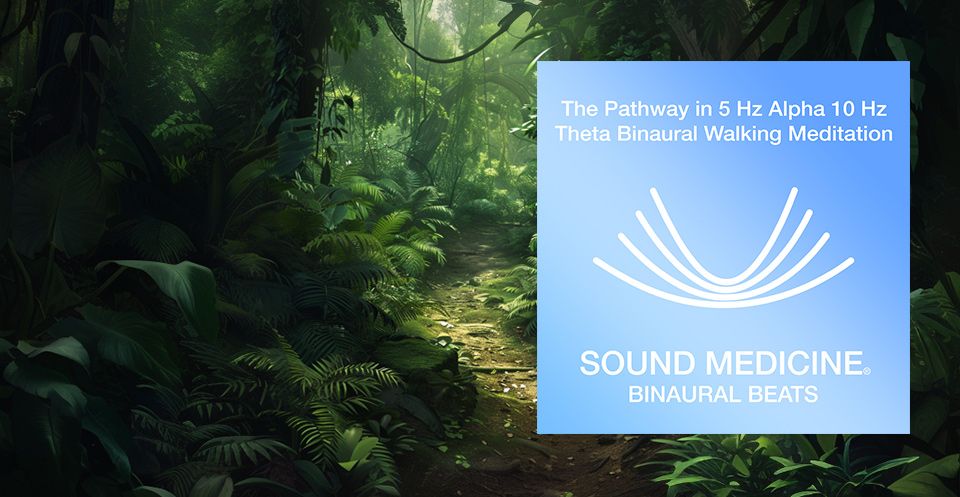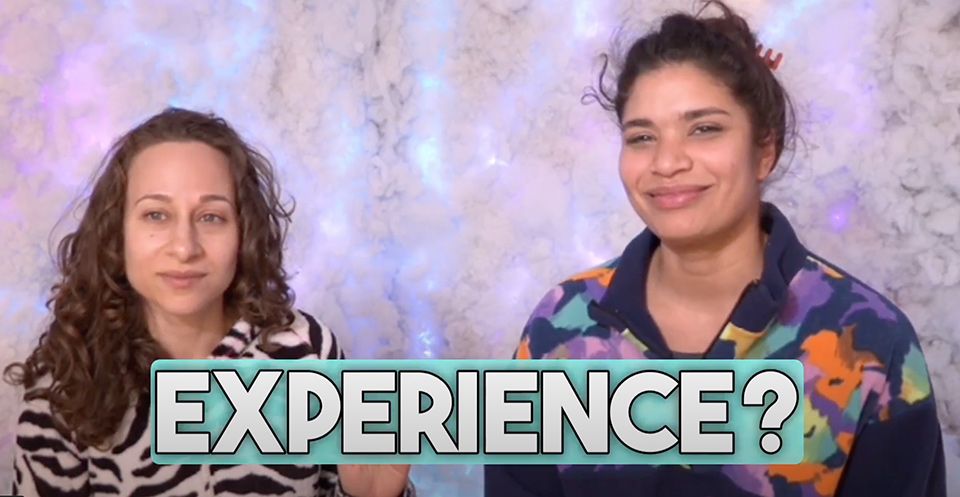THE HEALING POWER OF MUSIC
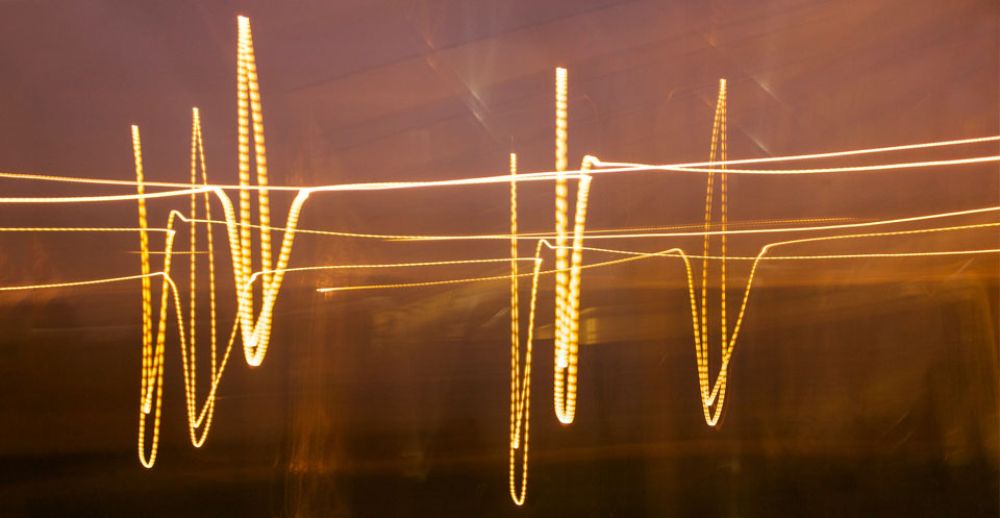
From Elizabeth: This is a powerful article written on the healing power of sound by my friend, renowned multi-platinum songwriter, Shelly Pelkin.
SOMETIMES MUSIC IS THE BEST MEDICINE.
A little more than 20 years ago, our nation suffered one of the most brutal tragedies ever witnessed. I will never forget being woken by a phone call from a friend early that morning who said, “Turn on the TV, you’re never going to believe this.” And he was right. Part of me still doesn’t.
Just days after the 9/11 attacks, songs about air travel were banned from the radio and music sales plummeted but recording artists came out of their studios in droves to help us deal with the trauma. Sheryl Crow and several other artists appeared on America: A Tribute to Heroes, a televised benefit concert to raise money for the victims and their families. Although Ms. Crow’s contribution, “Safe And Sound” wasn’t written specifically about the event, it’s obvious how evocative it was of the day. The melancholy. The devastation. The heartache.
The following month Paul McCartney, David Bowie and The Who headlined The Concert For New York City to honor the first responders who put their lives on the line. Jon Bon Jovi, Neil Young and Alan Jackson penned inspirational songs about the unforgettable day. Bruce Springsteen compiled The Rising — an entire album based on the aftermath of 9/11.
Musicians raised over $170 million in the weeks after the terrorist attacks. Their generosity and empathy helped us, individually and as a nation, fathom and process the enormity of our loss. The universal language of music brought comfort to those who lost loved ones and communicated to them that they were not alone. Through music, the depth of their grief was not only understood but shared.
Such is the healing power of music.
Then, just a few years ago, the entire world was plunged into chaos by the arrival of a novel virus. Like some horror movie, everyone felt isolated and scared. City after city, country after country went into lockdown. Nobody knew how long it would last, or how bad the devastation would be. That’s when music-makers all over the globe stepped out onto their balconies and fire escapes to sing, strum, shred, pluck and harmonize in an effort to try and take peoples’ minds off of their loneliness and this mysterious illness. And you know what? It worked. It brought us together in spirit if not proximity. Jule Styne and Bob Merrill knew what they were talking about when they wrote the words, “People who need people are the luckiest people.”
Even my hubby and I jammed in our Laurel Canyon driveway. We aren’t first-rate musicians (which is why we call ourselves The Clams), but a neighborhood hungry for connection pulled up lawn chairs nonetheless and allowed itself to be lifted up by the sound of live instruments and human voices. It wasn’t only for them that I strapped on Ruby, my Yamaha TransAcoustic guitar. I went to bed that night with a smile on my face. I had sung away my own blues.
Nothing can change a mood quite like a song. Just as “You’ve Got A Friend” can fill an empty room when we’re lonely, “Dust In The Wind” can send us spiraling when we’re feeling just fine, thank you!
Researcher Elizabeth Krasnoff has done extensive study on the healing power of music in her paper “The Effects of Auditory Binaural Beats on Consciousness and the Human Nervous System.” As she explains, “Neuroscience research is just beginning to uncover the impact of sound on our nervous system. Shamanic traditions to this day still consider song the primary tool for healing the ills of the body and soul.” That may be one reason why surgeons have long played their favorite music to relieve stress in the operating room, and extending music to patients has been linked to improved surgical outcomes.
Come to think of it, my orthopedist recently used Shockwave Therapy — acoustic waves that lead to faster regeneration of the tissue — on my recently repaired rotator cuff. Though I couldn’t hear a thing, I believe my shoulder did! It’s feeling a lot better.
The positive impact music can have on Alzheimer’s patients has long been well-documented, and fellow blogger Rich Tozzoli has written here about his first-hand experience in seeing how just holding a guitar made a huge difference to a friend’s mother who was suffering from that horrific illness. So did my friend, hit songwriter Franne Golde, when she set out to find a way to keep her husband, record producer Paul Fox, connected to his music after he was diagnosed with early-onset Alzheimer’s disease. The solution came via an organization called Music Mends Minds, a nonprofit that creates musical support groups for people with neurocognitive disorders.
Explains Franne, “Founder Carol Rosenstein noticed that her husband, a successful attorney and pianist who’d been diagnosed with Parkinson’s disease, came to life when he sat at the piano. Even though he was declining overall, he played perfectly. So she decided to start a band for him — they called themselves The Fifth Dementia. Soon others with Parkinson’s, Alzheimer’s, dementia and traumatic brain injuries joined up, adding their voices and instruments.”
Franne made a date with Carol to bring Paul to their next band rehearsal. “He was not thrilled at first,” she recalls, “but I convinced him that he could help, that this was a perfect opportunity to be a producer of sorts. Slowly he warmed up to the idea and began attending regularly, singing and playing keyboards and percussion. It brought live music back into Paul’s life. He made wonderful friends and it gave him a purpose, a sense of belonging and something to look forward to.”
Musical memories are often preserved because key brain areas linked to music memory are relatively undamaged. Someone who has been unresponsive for years may suddenly come to life. All you have to do is watch this video for proof that music can heal.
So whether it’s Mozart in D Minor, Samuel Barber – Adagio For Strings, Yacht Rock, Beyoncé, Disco, 60s nostalgia or the relaxing benefit of Singing Bowls, the next time your heart aches or your head hurts or you feel anxious, try picking your medicine from a playlist before you call the doctor. Give music a chance to heal you. It may be the only remedy you need.
